Staying dedicated to your sustainable goals while running a profitable business can be challenging. Finding investors who are driven to invest money in your business to help you both serve your sustainability goals and help you stay profitable gives you the best of both worlds.
Two trends are making it possible for more sustainable businesses to form and thrive: Social impact investing and sustainable business certifications.
A local investment firm, Solidarity Capital Group, in Cary, North Carolina, is an example of an investment company prioritizing social impact in North Carolina. They invest in “economically sustainable social justice enterprises” and are “focused on building local impact investing as a powerful community-serving economic development tool.” They even attained B Corp certification to show their commitment to sustainable business goals.
Unlike traditional investment where maximizing profit is the main goal, impact investors actively search for businesses producing positive and innovative solutions to social and environmental issues. They evaluate a business’s social and environmental impact as part of their investment analysis.
Millennials’ interest in social and environmental causes has been a big contributor to the growth of impact investing.
A 2017 survey found:
"86% of Millennials are interested in sustainable investing.
90% of them say they want sustainable investing as an option within their 401(k) plans."
Although impact investing is relatively new, investors are pleased with their returns. According to a 2018 study by the Global Impacting Investing Network (GIIN), 82% of investors said that their investments “have met their expectations for impact and 76% reported that their investments had met their financial expectations.”
In the US, there are currently 519 registered investment companies that engage in some form of social impact investing. Their investments include mutual funds, annuities, and ETFs. Some investors seek market-rate returns while others prioritize impact over profits. All companies use a “social screening process” to evaluate businesses’ impacts.
When asked about the challenges facing impact investing, “30% of impact investors cited a need for more ‘research and data on products and performance.’”
Sustainable business certifications have played a role in providing data about businesses’ social and environmental impacts. B Lab, established in 2006, has certified 2,788 businesses in 64 countries with B Corp certifications, including 46 North Carolina businesses. In addition, 34 states recognize businesses certified as Benefit Corporations, which gives businesses legal standing when it comes to social impact goals. Two states, Arizona and California, have even developed their own certifications. Businesses certified under California’s Green Business certification reported a 42% increase in business.
The data gathered in the certification process can help investors make more informed decisions.
For example, in response to investor interest in the UN’s Sustainable Development Goals, B Lab is currently developing an online platform to help businesses make progress in reaching these goals.
Recognizing a need for data to measure impact investments and compare them, the GIIN has developed a free, publicly available platform called IRIS+, with B Lab as a data contributor. This resource is increasingly used by investors to measure social and environmental impacts, so that investors can make informed decisions about where to direct their capital to maximize impact and also to expand the success of impact investing as a whole.
It is an exciting time for businesses who want to set sustainability goals. With more investors interested in supporting these businesses, the North Carolina Business Council is dedicated to keeping you informed about opportunities to grow your business through impact investing and sustainable certifications.


